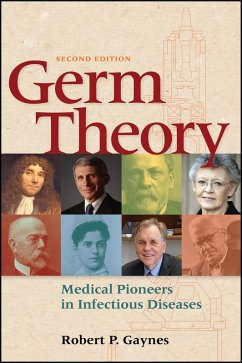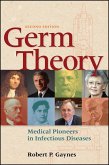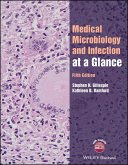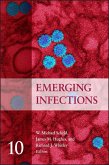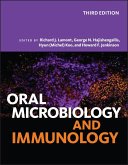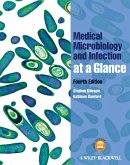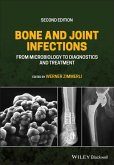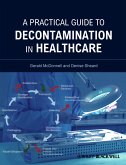Dieser Download kann aus rechtlichen Gründen nur mit Rechnungsadresse in A, B, BG, CY, CZ, D, DK, EW, E, FIN, F, GR, HR, H, IRL, I, LT, L, LR, M, NL, PL, P, R, S, SLO, SK ausgeliefert werden.
Gaynes (Emory Univ. School of Medicine) presents a well-researched, inspiring narrative of the most important discoveries in the history of medical science. He weaves the origins of the germ theory of disease and the biographies of those who made significant discoveries together into intriguing, informative stories. The author provides vivid accounts of individuals such as van Leeuwenhoek, Jenner, Pasteur, Fleming, et al. who challenged the prevailing views of the times with their innovation and persistence, and highlights the struggles they encountered in the long processes of discovery. The book's 15 chapters are well written, thorough, and engaging, providing readers with a significant appreciation for the interplay of social, economic, and cultural forces, as well as good luck, which allowed for medical breakthroughs. This is an insightful book that serves as an excellent resource for understanding developments in medical history, how they evolved, and the details of their impact on all people. The volume includes references at the end of each chapter and an easy to use index.
Summing Up: Highly recommended. Upper-division undergraduates through researchers/faculty and physicians; medical students; general readers.
CHOICE Current Reviews for Academic Libraries
SCIENCE AND TECHNOLOGY Health Sciences
Vol. 49 No. 11
Reviewer: D.C. Anderson, Massachusetts College of Pharmacy and Health Sciences
Review Date: July 2012
Reprinted with permission from CHOICE http://www.cro2.org, copyright by the American Library Association

